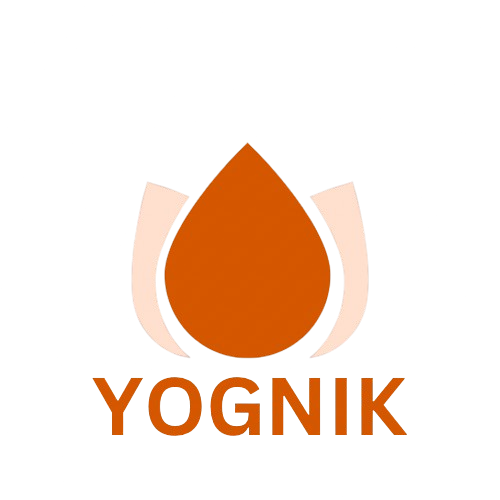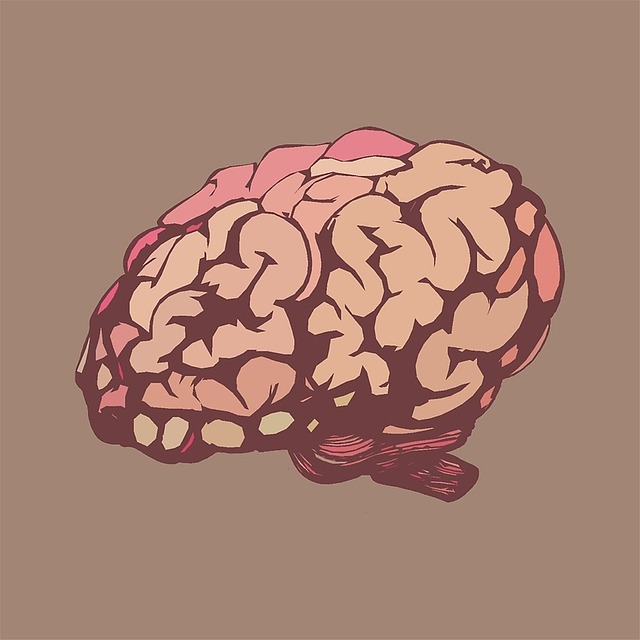Nowadays, people are struggling with focusing & concentration. This reduces the ability to work for a prolonged time So today, you will get some tips to improve focus & concentration. Focus diversion happens when person is trying hard to work on something but due to interruption in that
Staying focused has become a real challenge in today’s world. Recent studies reveal that our attention span has dropped from 12 seconds to just 8 seconds in the last decade. This makes it tough to concentrate on tasks that matter.
My years of research and hands-on experience have led me to discover effective ways to boost focus and concentration in our digital age. This piece will give you 10 practical tips that have worked wonders for me and many others to sharpen mental clarity and get more done.
You’ll discover the science behind concentration and learn strategies to optimize your environment. The guide covers everything from setting up the perfect workspace to using digital tools effectively. These techniques will help you maintain deep mental focus throughout your day.
The Science Behind Focus and Concentration
The human brain’s management of focus and concentration reveals fascinating insights in cognitive science. Research shows our attention spans have shortened drastically, and we switch our focus every 47 seconds when using screens [9].
Understanding your brain’s attention network
The brain’s two distinct attention networks work together in remarkable ways. The Dorsal Attention Network (DAN) helps us stay focused on specific tasks, while the Ventral Attention Network (VAN) responds to unexpected but important events [3]. These networks function as a sophisticated filtering system that helps us prioritize what deserves attention.
The role of neurotransmitters
Neurotransmitters serve as the champions of concentration. These chemical messengers are vital to our focus and attention. Here’s how key neurotransmitters affect our concentration:
- Acetylcholine controls memory, motivation, and attention span
- Dopamine manages learning, memory, and movement control
- Serotonin helps regulate mood and cognitive function
How modern lifestyle affects concentration
Our modern lifestyle creates unique challenges to stay focused. Research indicates 49% of adults feel their attention span has shortened compared to previous years. Digital overload plays a major role; people check their emails 77 times daily on average, with some reaching 374 checks
Technology isn’t the only culprit. Chronic stress increases cortisol production and can damage the brain’s memory center. Poor sleep quality and a lack of physical activity also affect our ability to maintain focus.
Screen time links directly to cognitive fatigue and impaired attention. This creates a challenging cycle where modern tools make us more connected but might undermine our ability to concentrate.
Physical Foundations for Mental Focus
My research shows that our physical health is the lifeblood of mental focus. The mind-body connection runs deeper than we might think. Research shows that all but one of three people with physical health issues also face mental health challenges.
Sleep optimization strategies
Sleep works like our brain’s natural reset button. Studies show that lack of sleep can reduce our learning ability by up to 40%. Poor rest prevents our hippocampus—the brain’s memory center—from processing new information properly optimise centre. Here’s how you can optimise sleep to focus better:
- Turn off screens an hour before bedtime
- Maintain a cool room temperature
- Follow consistent sleep-wake times, even on weekends
Exercise routines for cognitive enhancement
Regular exercise has become my secret weapon for staying afterwards focused. Studies show that working out can improve attention and concentration for up to two hours afterward. A quick 10-minute walk can boost mental alertness and energy levels. The sort of thing I love is that people who exercise for 12 weeks straight see better sleep quality and longer rest periods.
Nutrition and hydration guidelines
Proper hydration is vital for cognitive performance. Research shows that even mild dehydration (2% body water loss) affects concentration, slows reaction times, and impacts short-term memory. Your brain works best when you:
- Drink 2L (or 8 cups) of water daily
- Eat complex carbohydrates and essential fats
- Include brain-boosting foods like berries and spinach
Blueberries can boost concentration for up to 5 hours after eating them because they increase oxygen flow to the brain. Leafy greens like spinach contain potassium that speeds up neuron connections and makes our brains more responsive.
Environmental Optimization Techniques
My passion lies in creating the perfect environment for peak mental performance, which stems from extensive research. Our surroundings play a vital role in maintaining focus and concentration.
Creating a distraction-free workspace
The foundation of good concentration starts with a dedicated workspace. Research shows a cluttered desk creates a cluttered mind, so your desk should stay tidy and free from unnecessary items. The sort of thing I love is how office workers feel less tired and healthier when they work in a well-designed space.
The impact of natural light and plants
Standard workspaces become concentration powerhouses when natural elements come into play. Studies show workplace plants improve productivity and concentration. Here’s what plants can do for your workspace:
- They act as natural air purifiers, removing toxins like benzene and formaldehyde
- Help maintain optimal humidity levels through transpiration
- Contribute to reduced stress levels and increased well-being
- Can absorb and diffract sound waves, creating a quieter environment
Temperature and noise control
Temperature affects concentration more than most people realize. Research points to an ideal productivity temperature between 20-22°C (68-72°F). A slight increase to 25 °C can immediately reduce work efficiencyrealise.
Sound-masking techniques work wonders for noise management. You can reduce sound pollution by adding weather-stripping or a door sweep. Quality noise-canceling headphones become essential tools to maintain focus in busy environments, especially when you don’t have a separate office space.
These environmental improvements go beyond comfort. They create a space that supports your brain’s natural focus and concentration abilities. Studies demonstrate that workplaces with interior plants or window views of green spaces make workers feel better about their jobs.
Digital Wellness Strategies
The modern, hyper-connected world demands that we manage our digital environment as carefully as our physical space. My research and personal experience have led me to find effective ways to use technology that boost concentration and avoid its downsides.
App-based concentration tools
Focus apps have amazed me with their ability to boost productivity. Studies show these apps help you stay concentrated by:
- Blocking distracting websites and applications
- Tracking time spent on different activities
- Providing detailed productivity reports
- Setting specific focus goals
- Sending mindful alerts for breaks
The sort of thing I love is how apps like Rescue Time and Freedom help people stay focused by automatically blocking distracting content during work hours.
Digital detox protocols
Regular digital detoxes make a big difference in mental clarity. Research shows virtual visits jumped by 400% during the COVID-19 pandemic, which shows how much we depend on screens now. A well-laid-out detox approach works best – studies indicate that keeping social media use to 30 minutes a day can reduce loneliness and depression symptoms by a lot.
Screen time management techniques
Screen time management needs mindful boundaries to work well. Research shows adults spend up to 11 hours daily on screens, which can really disrupt our concentration. My “conscious connectivity” approach suggests:
You should turn off notifications during focus periods – studies show a mobile device’s presence alone can lower empathy levels and make conversations worse. Tech-free zones help maintain better focus throughout the day.
Setting specific times to check emails and social media makes a real difference. Research shows workers who take regular meaningful breaks from digital devices focus better when they return to work.
Conclusion
Research and experience show that improving concentration needs a comprehensive approach that combines biological understanding with practical strategies. Our brain’s networks interact in complex ways, which makes focus a skill we can develop and maintain actively.
Physical wellness forms the foundation. Good sleep, regular exercise, and balanced nutrition create the biological conditions needed for sharp focus. A thoughtfully designed workspace with natural elements and optimal conditions helps set the stage for peak mental performance.
Digital wellness is vital in our modern world. Smart use of focus-enhancing apps, regular digital detoxes, and mindful screen time management help us stay productive without technology overwhelming us.
Small changes in these areas can improve concentration significantly. Studies show that using even a few of these strategies can boost focus by 20-30% within weeks. These techniques work together – each supporting and magnifying the effects of others.
Note that developing better concentration is an experience, not a destination. Start with one or two strategies that strike a chord with you and gradually add others as they become habits.
Subscribe Our Newsletter





